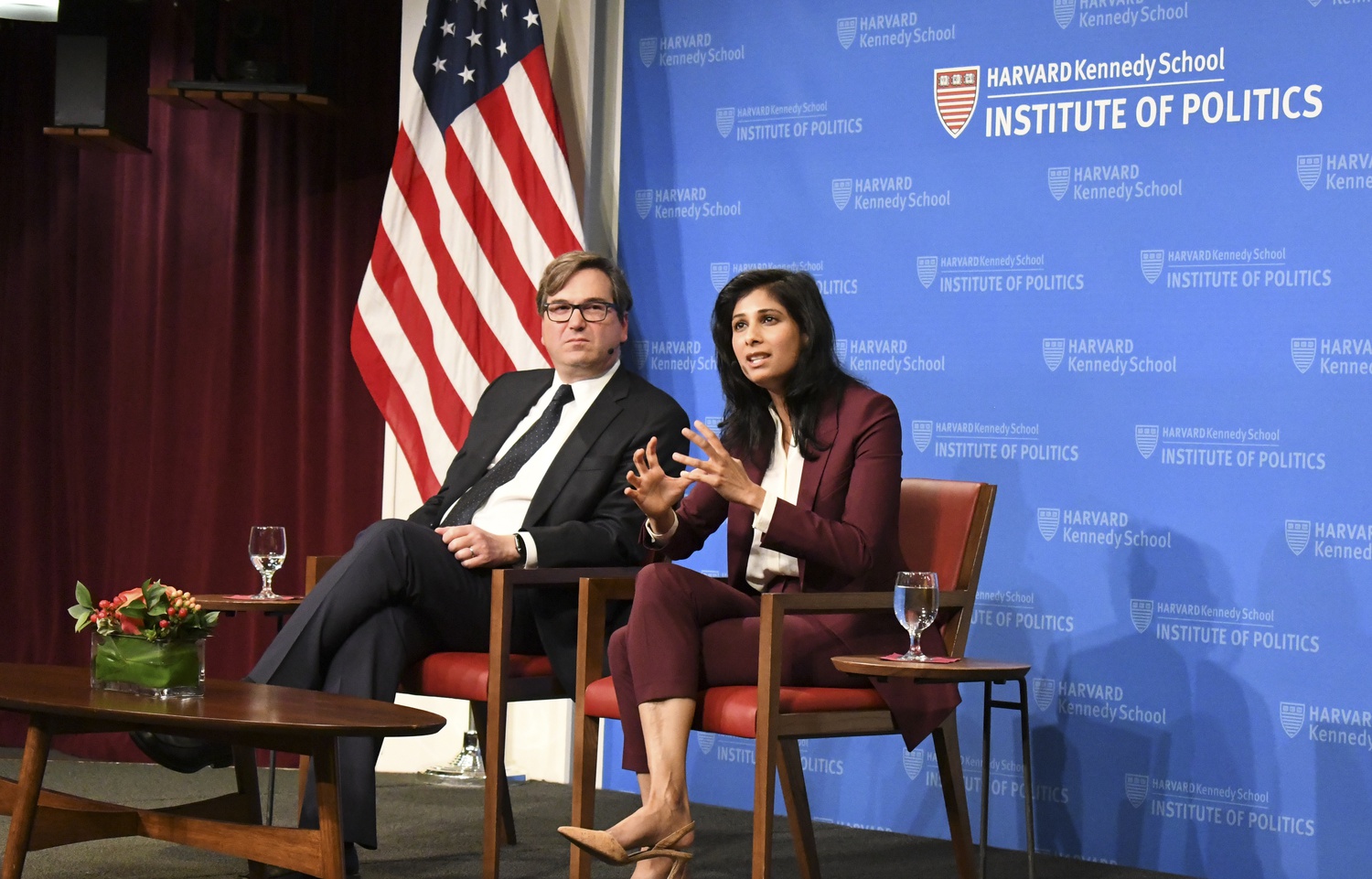
Here's a surprising thought from the world's top financial minds: Managing the economic fallout from trade wars might be a bigger headache for central banks in developing countries than dealing with the COVID pandemic was. That's according to Gita Gopinath, a top official at the International Monetary Fund (IMF), speaking at the joint IMF and World Bank's Spring Meetings.
During the COVID-19 pandemic, central banks in many countries could quickly step in and make it easier for people and businesses to borrow money. They basically hit the “easy button” on their monetary policies. It was a clear, global crisis, and everyone could largely agree on what needed to be done to help keep economies afloat.
But according to Gopinath, trade wars are a whole different beast. She told the Financial Times newspaper that the impact of things like tariffs (extra taxes on imported goods) is incredibly hard to predict for developing economies and global markets. This makes the job of their central bankers much, much tougher.
“This time the challenge is going to be greater for them, compared to the pandemic,” she stated.
Think about it: A pandemic is a shared, health-driven crisis, even if the economic effects vary. But trade wars are often politically driven, with tariffs popping up unpredictably. This kind of uncertainty makes it incredibly hard for central bankers in developing countries to plan ahead or use their usual tools to calm the economy. They can't just quickly lower interest rates or inject money when they don't know what new trade barrier might pop up next. It's like trying to steer a ship through a fog, where the obstacles keep appearing out of nowhere.













